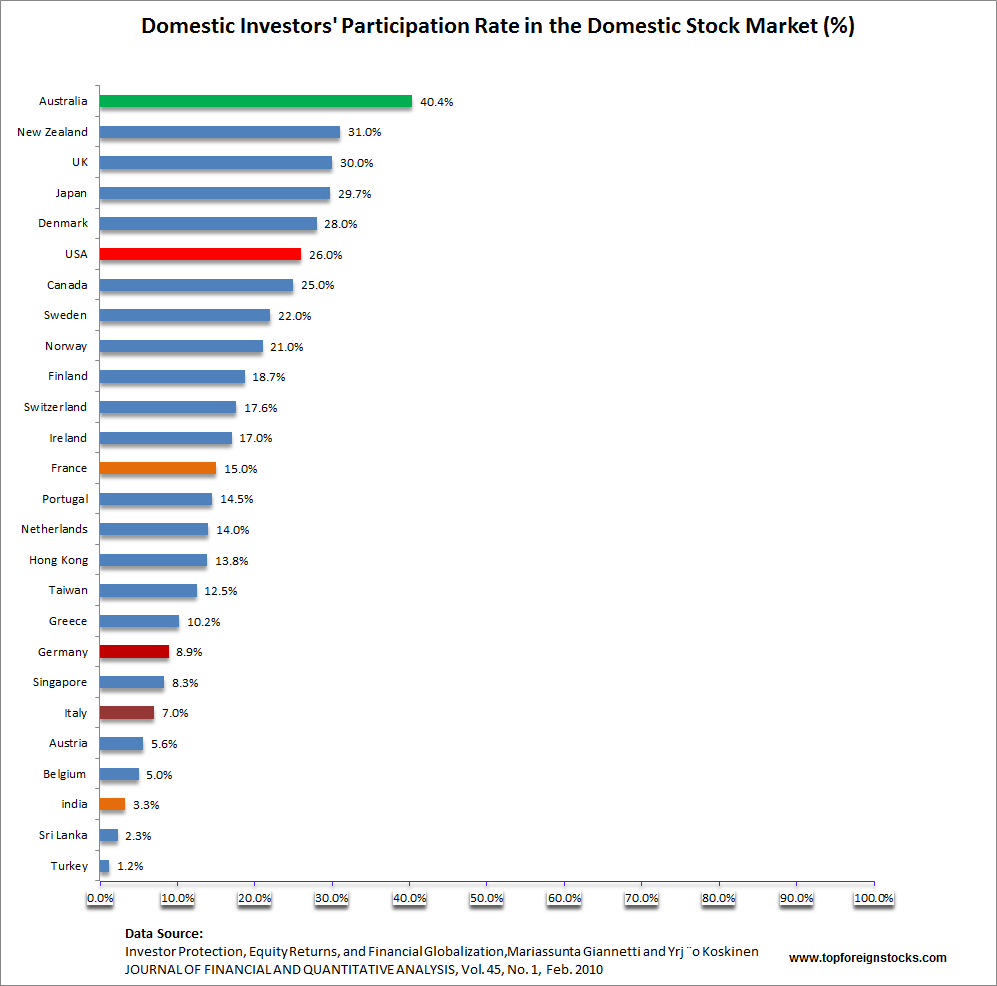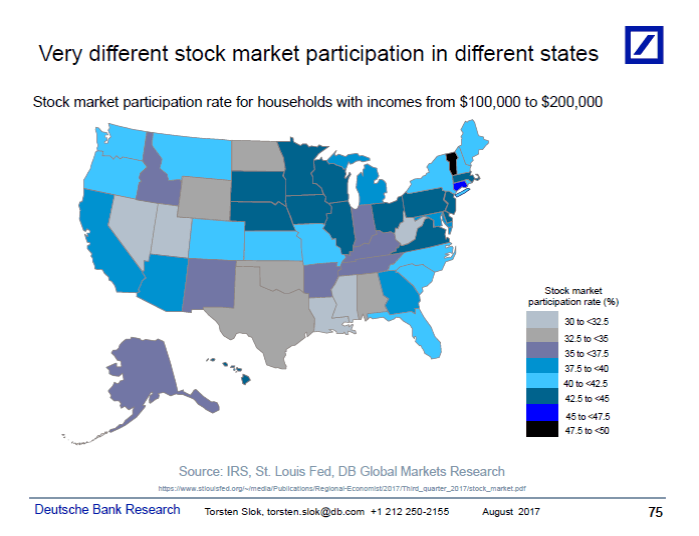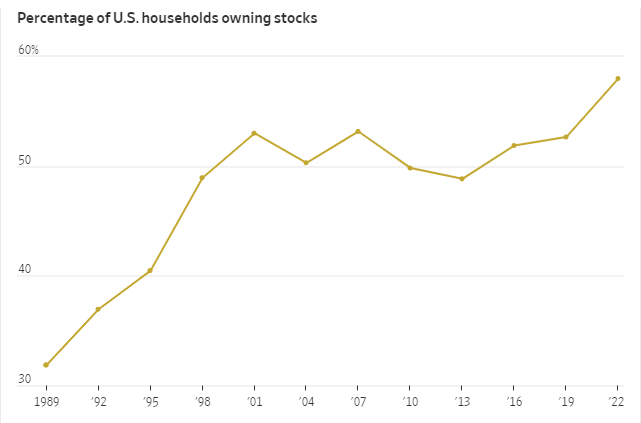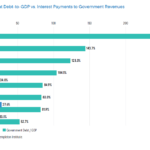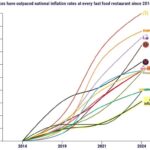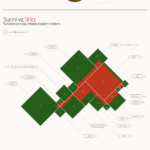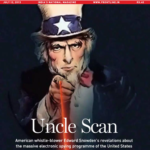For many years I have been wondering about the stock market participation rates across countries. At a high level we know that certain countries have high level of participation while in some countries the participate rate is negligible and in some it is average.For example, we can expect people in developed countries to participate more in the equity market compared to low or no participation rates in frontier markets. However my research into this subject led me to conclude that this assumption is not true. Participation rates vary widely even among developed countries. In this post, let me summarize some of the key takeaways from my research into this interesting subject. It should be noted that high quality up to-date data seems to be unavailable on this topic and all the information presented below are the latest I could find from various sources.
The chart below shows the domestic investors’ participation rates in the local stock market across countries:
Click to enlarge
Source: Investor Protection, Equity Returns, and Financial Globalization,Mariassunta Giannetti and Yrj ¨o Koskinen, JOURNAL OF FINANCIAL AND QUANTITATIVE ANALYSIS, Vol. 45, No. 1, Feb. 2010
Some of the important points to remember related to the domestic investors’ participation rates in the domestic equity market:
- Japanese are highly risk averse with households holding only 6% of their total assets in stocks compared with 33% in the U.S. and 15% in Europe according to the Bank of Japan. Note:These figures differ from the ones shown in the chart above since the sources are different and data are from different periods.
- Among the developed countries, Australia has the participation rate at over 40% and Belgium has the lowest rate at 5.0%.
- Though Germany is Europe’s largest economy, Germans are also highly conservative and tend to be risk averse. Just under 9% of households invest in stocks as shown int he chart above. An article in BusinessWeek last year noted that Germans are big savers and have a large portion of their household savings in life insurance products.
- At 26%, the U.S. has a high participate rate relative to most developed countries.
- Emerging countries such as India and Turkey have very low participation rates.
- Investors in Nordic countries trust the stock markets more than their European counterparts in countries like France, Germany, Italy, etc.
- Rich households always have high participation rates. Poor and middle-class households always have lower participation rates according to one study. (My note: This conclusion is not surprising since the wealthy can always afford to play the stock market and multiply their wealth by hiring competent advisors and hedge fund managers while the poor and middle-class can does not only have low funds to invest but also cannot afford high quality money managers or decent advisors. Government tax policies such as the ones in the U.S. favoring capital gains and dividends over other forms of income also provide a strong incentive for the rich to invest in stocks.)
- The data shown in the above chart are for the period from 1997 to 2000 and only represents direct holdings. Indirect holdings via mutual funds and other forms are not included in the figures noted.
- Strong investor protection also leads to higher participation rates. Hence developed countries tend to higher participation rates than emerging and frontier countries.
- Trust and sociability have sizable impact on stock market participation rates according to another study. Hence high average trust countries such as Denmark, Sweden and Switzerland have higher participation rates than low average trust countries like Austria, Spain and Italy.
- Lack of trust in stocks and the risk of being cheated are important factors that explain the limited participation rates in certain countries per a research paper titled “Trusting the Stock Market” by Luigi Guiso, Paola Sapienza and Luigi Zingales in The Journal of Finance in December 2008.
- Stock market frauds such as Enron and manipulation of numbers lead investors to question the fundamental trust in the system. Hence trust or the lack thereof explains the big difference in participation rates between countries according to the December 2008 study.
Update:
13. One study found that there is a direct correlation between IQ and market participation. People with higher IQs participate more than those with lower IQ levels.
14. A couple of excellent quotes from the “Trusting the Stock Market” paper:
“The decision to invest in stocks requires not only an assessment of the risk-return trade-off given the
existing data, but also an act of faith (trust) that the data in our possession are reliable and that
the overall system is fair”
” Dyck, Morse, and Zingales (2007), for example, estimate that more than 50% of corporate fraud
goes undetected. This figure is likely to be even higher for other forms of security fraud involving
small investors.”
“After the recent corporate scandals, many politicians and business commentators argued that investors
were deserting the stock market because they had lost their confidence in Corporate America.
In spite of the popularity of this interpretation, the finance literature has thus far ignored the
role of trust in explaining stock market participation and portfolio choices.”
Sources and Related:
- Japan’s Fear of Risk Is Getting Dangerous, Bloomberg BusinessWeek
- Equity Markets with Controlling Shareholders, Sidharth Sinha, Indian Institute of Management, Ahmedabad
- Investor Protection, Equity Returns, and Financial Globalization, Mariassunta Giannetti and Yrj ¨o Koskinen, Journal of Financial and Quantitative Analysis, Vol. 45, No. 1, Feb. 2010
- Trust, Sociability and Stock Market Participation Discussion Paper 04/2009 – 015, April 30, 2009, Giacomo PasiniDimitris Georgarakos, Netspar, Network for Studies on Pensions, Aging and Retirement
- Trusting the Stock Market by Luigi Guiso, Paola Sapienza and Luigi Zingales, The Journal of Finance, December 2008
- IQ and Stock Market Participation by MARK GRINBLATT, MATTI KELOHARJU, and JUHANI LINNAINMAA, THE JOURNAL OF FINANCE • VOL. LXVI, NO. 6 • DECEMBER 2011
- THE GEOGRAPHY OF STOCK MARKET PARTICIPATION:THE INFLUENCE OF COMMUNITIES AND LOCAL FIRMS (Federal Reserve)
- ‘Only one in thirty people in China owns equities. Just 2% of China’s equities are owned by foreigners’ – Why China’s stock market implosion might not be very meaningful, FT Alphaville, Aug 25, 2015
- 5 Reasons Why Brazilians Are Not Investing in Stocks, The Motley Fool, Jan, 2015
- The Thrill Is Gone From Owning Stocks, Bloomberg, April 2016
- India: What is the share of domestic individuals in equity markets, Live Mint, Mar 2017
- Savings and Stocks Make Japanese Households Richer Than Ever, Bloomberg, Mar 16, 2017
- On The Stock Market Participation Of Germans, TFS and The Stock Market Participation Rate is Very Low in Germany, TFS
- Stock Market Participation in the US by State:
Click to enlarge
Via The Big Picture
15. Financial Literacy and Stock Market Participation, Annamaria Lusardi
16. Household Participation in Stock Market Varies Widely by State, St. Louis Fed
17.The Effects of Trust on Stock Market Participation, Mårten Hagman
18.Participation Matters: Stock Market Participation and the Valuation of National Equity Markets by Matthew D. (Matthew David) Forbes
19. East Germans still invest very less in the stock market, Research Paper at University of California, Berkeley
Updates (12/18/23):
Click to enlarge
Source: More Americans Than Ever Own Stocks, WSJ
Related posts:
- Duration of Stock Holding Periods Continue to Fall Globally, TFS
- Average Stock Holding Period on NYSE 1929 To 2016, TFS
- Average Stock Holding Period in Asian Emerging Markets, TFS
